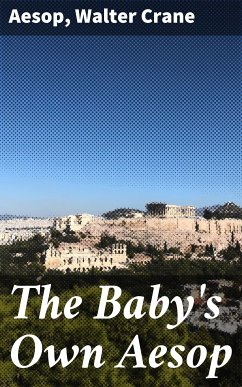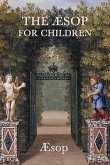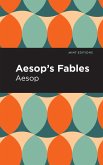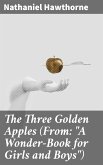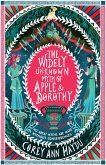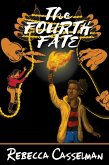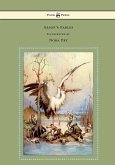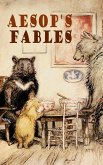The Baby's Own Aesop offers readers a captivating exploration of timeless moral tales brought to life with the enchanting illustrations of Walter Crane. In this collection, age-old fables are adapted with brevity and clarity, making them accessible to young readers while preserving their didactic essence. The anthology's aesthetic harmony of prose and art enriches its narrative tapestry, engaging audiences with cautionary stories that speak to universal virtues and human foibles. These tales, both whimsical and profound, transport readers into the world of talking animals and mythical creatures, each narrative imbued with enduring wisdom that continues to resonate across generations. The collective prowess of Aesop as an ancient fabulist and Walter Crane as a seminal figure in the Arts and Crafts Movement unites classical literary tradition with artistic innovation. Aesop'Äôs fables, emblematic of storytelling that transcends time, align seamlessly with Crane'Äôs imaginative interpretations, creating a rich interplay between text and illustration. This anthology remains integral, bridging historical storytelling with a visual artistry that speaks to both past and present pedagogical explorations. The timeless moral lessons are revitalized through Crane's artistic lens, offering fresh insights and an educational feast for readers young and old. A treasure trove of narrative wisdom, The Baby's Own Aesop invites readers to embark on an illuminating journey through a landscape of moral exploration. The collection not only entertains but educates, making it a must-read for those eager to experience a confluence of literary brilliance and artistic expression. It encourages a reflective dialogue on ethical considerations and provides a profound understanding of human nature. This anthology is a quintessential addition to the avid reader's library, nurturing a deeper appreciation for the tales that have shaped narrative traditions across the ages.
Dieser Download kann aus rechtlichen Gründen nur mit Rechnungsadresse in A, B, BG, CY, CZ, D, DK, EW, E, FIN, F, GR, H, IRL, I, LT, L, LR, M, NL, PL, P, R, S, SLO, SK ausgeliefert werden.

